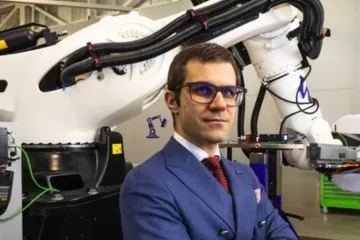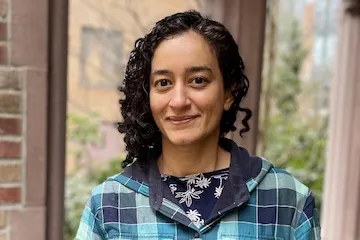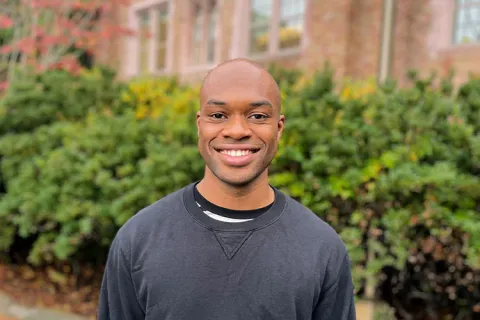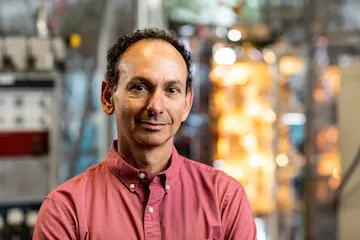Aerospace engineering strives to push limits to go further with efficiency. We are advancing efficient launch mechanisms and fuel and propulsion options to get us into deep space. Out of this pursuit for deep space propulsion comes our pursuit for fusion energy solutions here on Earth. We produce aerodynamic surfaces and structures that reduce drag and save energy on not only air, space and underwater vehicles, but also large systems producing energy such as wind and marine turbines. We also develop lighter, stronger composite materials that require less energy to produce, transport and operate.
We are also working actively to benchmark and improve environmental conditions by developing satellites and drone systems to monitor several environmental markers and ecosystems. We are also agile in our applications. One example is we are developing methodologies to improve the study of corals and building structures to support them as they recover.


Associated faculty
Key labs
- Aerospace Thermal Lab
- Computational Fluid Mechanics
- Computational Plasma Dynamics Lab
- Detonation Engines
- Flow Z-Pinch Lab
- Multiscale Analysis of Materials & Structures (MAMS)
- Nonlinear Dynamics & Control Lab
- Plasmawise
- Quantitative Flow Visualization for Fluid and Turbulent Flow Studies
- RAIN Lab
- Space Propulsion and Advanced Concepts Engineering Lab (SPACE Lab)
- Williams Turbulence Laboratory
- Vortex Transport Lab
Student club highlight

Society for Advanced Rocket Propulsion (SARP)
As the University of Washington’s student-run rocketry organization, we design, construct, test, and launch a hybrid engine rocket from the ground up every year. We participate in the Experimental Sounding Rocket Association’s (ERSA) Intercollegiate Rocket Engineering Competition (IREC) to show what our rocket can do alongside 95 other teams from around the world. In 2018, we placed first in the highest altitude category at 30,000 feet with a student-researched and designed propulsion system.
Research highlights

New law of physics finds a sweet spot for aircraft efficiency
A&A researchers in the Computational Fluid Mechanics Lab prove the existence of a new law of physics.

Undergraduate coral research wins national recognition
A summer program in oceanography paved the way for Isaiah Cuadras to apply his interest in fluid dynamics to ocean ecosystems.

Aerospace turns the tide on marine energy
A&A's Owen Williams advises how to map the hydrodynamics of marine cross-flow turbines to advance cost-effective industry standards.

Plasma flows may provide the missing ingredient to a cheaper, more compact route to nuclear fusion
A&A's FuZE Lab has developed a smaller, cheaper method for thermonuclear fusion using a Z-pinch to compress flowing plasma.
Award highlights

UW's marine renewable energy research gets a boost
Two recent funding announcements from the U.S. Department of Energy are good news for UW’s marine renewable energy research.

A&A's fusion energy labs receive $3.5M
The funding moves us closer to initial commercialization for cost-competitive fusion energy.

Using engineering materials to study coral reefs
Associate professor Jinkyu Yang and a team of researchers have received a two-year, $1.7 million National Science Foundation grant to study coral growth.

A&A professor Uri Shumlak elected American Physical Society Fellow
Professor Uri Shumlak has been elected a Fellow of the American Physical Society for pioneering investigations of sheared flow stabilization in the Z-pinch.



